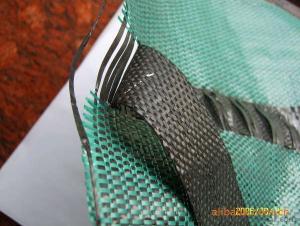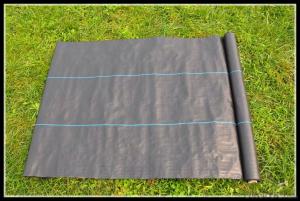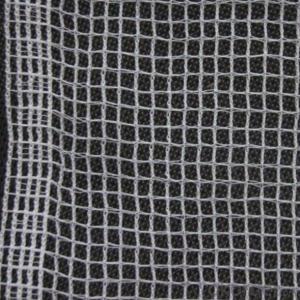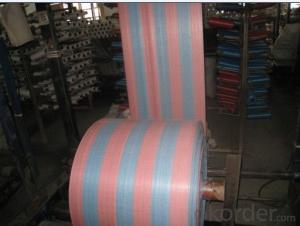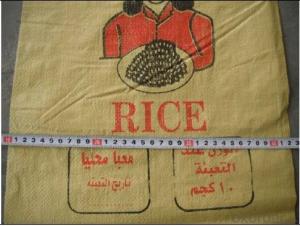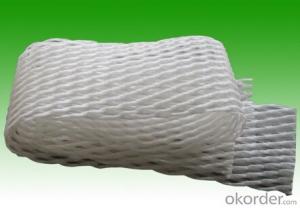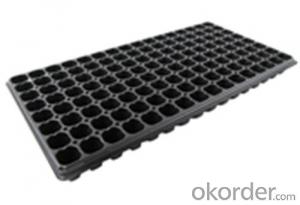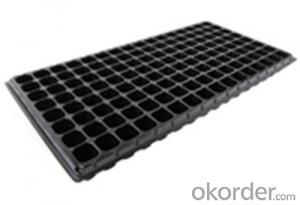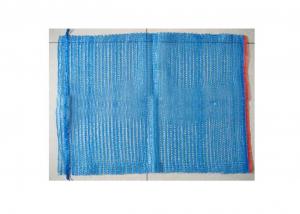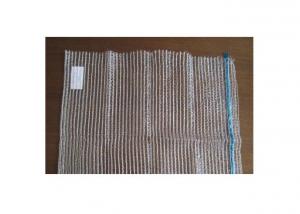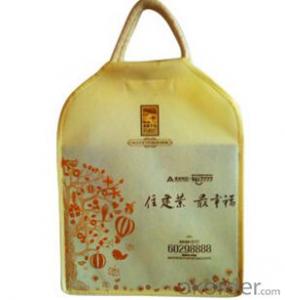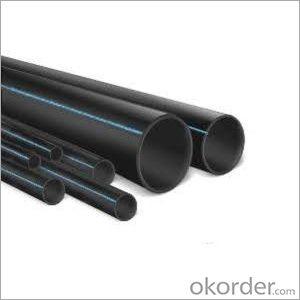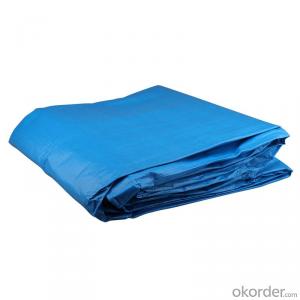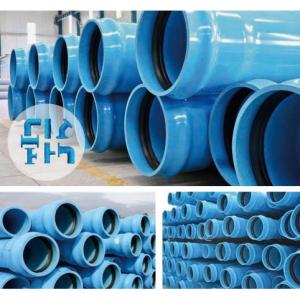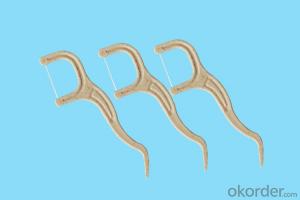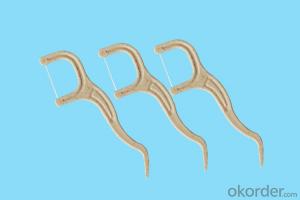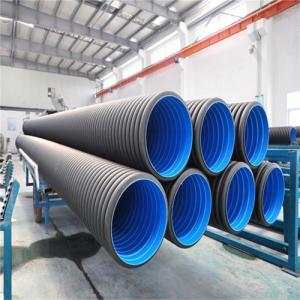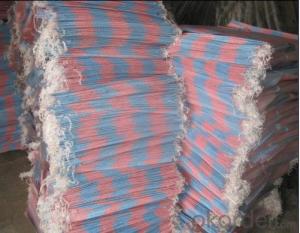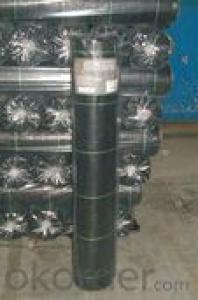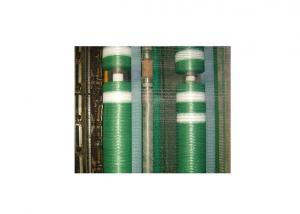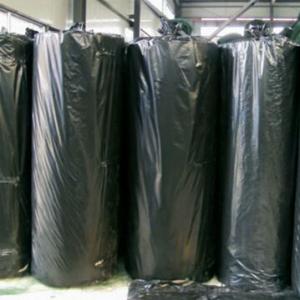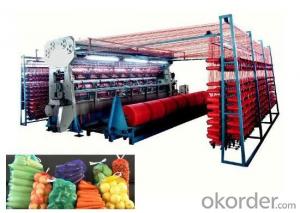PP/PE Woven Fabric for Weed Control and Ground Cover
- Loading Port:
- Shanghai
- Payment Terms:
- TT OR LC
- Min Order Qty:
- 2000 m²
- Supply Capability:
- 100000 m²/month
OKorder Service Pledge
OKorder Financial Service
You Might Also Like
PP/PE Woven Fabric for Weed Control and Ground Cover
Weed Control fabric not only prevents weeds, it encourage root growing by keep soil moist and cool. Made of UVtreated polypropylene,
this costeffective weed control fabric feteures allow the free flow of air,water and nutrients to the soil while blocking sunlight and weeds.
This chemical free method for stopping weed grow for years.
Weed Control Fabric helps minimize your yard work since it stops weeds from growing. You do not have to use herbicides, which can damage your lawn andcause harm tochildrenand animals.Made of
Polypropylenematerial , weed block is easily cut to fit inyour garden or hard landscape areas.
Specification:
Material | Woven PP/PE Fabric |
Width | 0.5m - 4.4m |
Length | 50m - 2500m |
Color | Black/Grass Green/Japser/Black-Green |
Weave | 9*9 to 13*13 |
Weight | 60gsm-180gsm |
U.V. | With or Without U.V. |
Life Span | 3~5 years with U.V. treated |
Feature | Non-Toxic |
Style | Plain |
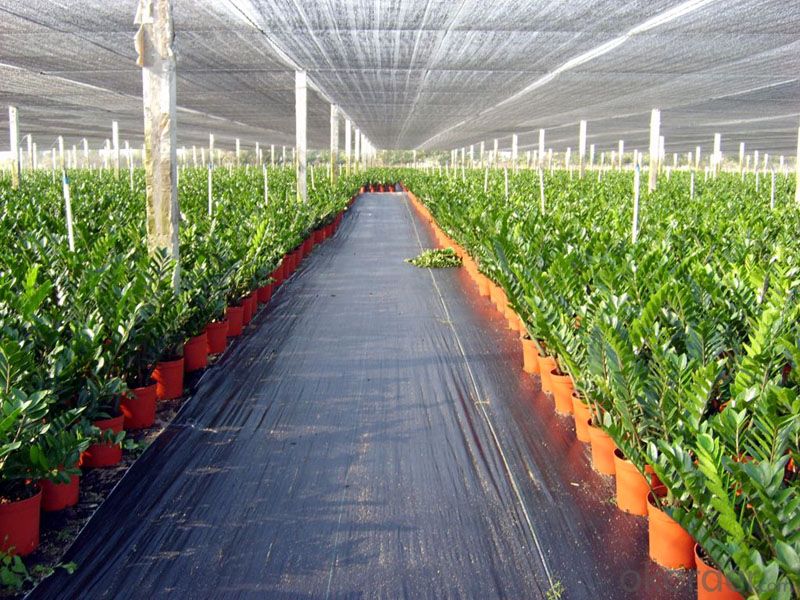
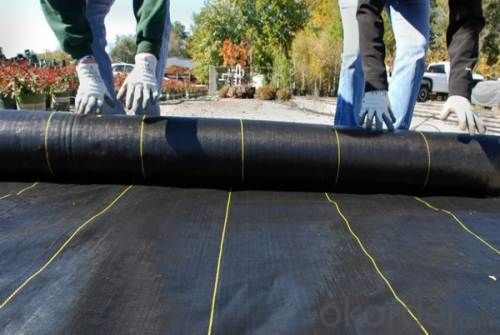
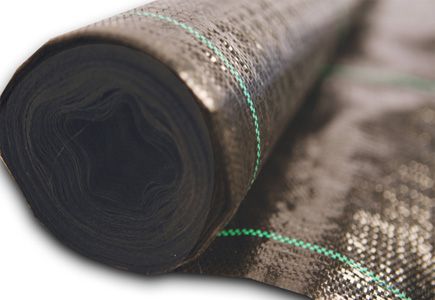
FAQ:
1. Where is your factory located in?
Factory is located in Jiangsu Province, Neat to Shanghai Port.
2. How long have you been in this product production?
We have been in the business more than 10 years,
3. Can we have some sample or trial order before bunk order?
Yes, we can provide you some free samples, and for trial order, we will offer you the lowest price.
- Q:What are some ground cover options for hot, sunny areas?
- Some ground cover options for hot, sunny areas include creeping thyme, sedum, lantana, gazania, and ice plant.
- Q:I read about a huge patch of plastic floating in the Pacific Ocean. It sometimes stretches as far as 1000 miles. So how long will it take this plastic to break down?
- Plastic takes CENTURIES to decompose. The reason is this: plastic's chemical composition is purely hydrogen and carbon. The problem is the way the atoms are bonded. The bonds are very strong. Everything natural has a way to be built up and then decomposed. Because plastics are human made, nature doesn't have a ready made solution to breakdown the molecules and recycle them. Thus, we have billions of tons of waiste matter scattered all over Mother Earth, because mankind thinks they own everything. (The truth is we don't.)
- Q:What types of plants are commonly used as ground cover?
- Some common types of plants used as ground cover include creeping thyme, creeping phlox, English ivy, Pachysandra, and lamb's ear.
- Q:How do agricultural plastic products help with soil fertility?
- Agricultural plastic products, such as mulch films and compost covers, help with soil fertility in several ways. Firstly, these products act as a physical barrier, preventing weed growth and reducing the competition for nutrients and water in the soil. Secondly, they help to conserve moisture by reducing evaporation, which allows plants to access water for longer periods, promoting their growth and nutrient uptake. Additionally, agricultural plastics can also aid in maintaining a stable soil temperature, protecting plants from extreme heat or cold stress, and optimizing their growth. Finally, when these plastic products are properly managed and disposed of, they can be recycled or reused, reducing the need for new plastic production and minimizing environmental pollution, thus contributing to long-term soil health and fertility.
- Q:i have fished like for 7 years but have never used plastic worms how do u fish them?
- Simple, get some 6 inch plastic night crawlers and rig them texas style with no weight, cast to any likely looking spot and let it sink, then just watch your line, if it starts to move in any direction reel in your slack line and set the hook. If you don't get a bite after about a minute, reel in and cast to another spot and repeat. You could also rig a plastic worm wacky style, cast out and let it sink for a few seconds, start to reel in and twitch the worm while doing so. These are the two most simple, and yet effective ways to fish a plastic worm. Good luck fishin'!
- Q:im looking for a job in the medical profession. ive heard that plastic surgeons make a lot of money but im not sure on exactly how much. so how much do they usually make in Canada?
- sophisticated point. look over search engines like google. that can help!
- Q:Are there ground cover plants that are deer resistant?
- Yes, there are several ground cover plants that are known to be deer resistant. Some examples include creeping thyme, lamb's ear, sweet woodruff, and barren strawberry. These plants typically have a strong scent or taste that deters deer from feeding on them. However, it's important to note that no plant is completely deer-proof, as deer preferences can vary.
- Q:Which are the cheap best substitutes of plastic bags?
- paper bag
- Q:Can agricultural plastic products be used in soilless growing systems?
- Yes, agricultural plastic products can be used in soilless growing systems. Soilless growing systems, such as hydroponics or aeroponics, rely on water-based nutrient solutions to provide plants with the necessary nutrients for growth. Agricultural plastic products, such as grow bags, trays, or containers, can be used to hold and support the plants in these systems, just like they would in traditional soil-based agriculture. The use of plastic products in soilless growing systems helps maintain proper water and nutrient levels, control weed growth, and promote efficient plant growth.
- Q:Can nursery trays be used for starting plants for vertical gardening?
- Yes, nursery trays can be used for starting plants for vertical gardening. Nursery trays provide a convenient and organized way to germinate and grow seedlings, making them suitable for vertical gardening projects. The compact size and individual compartments of nursery trays allow for efficient use of space in vertical gardens, helping to maximize plant growth in limited areas.
1. Manufacturer Overview |
|
|---|---|
| Location | |
| Year Established | |
| Annual Output Value | |
| Main Markets | |
| Company Certifications | |
2. Manufacturer Certificates |
|
|---|---|
| a) Certification Name | |
| Range | |
| Reference | |
| Validity Period | |
3. Manufacturer Capability |
|
|---|---|
| a)Trade Capacity | |
| Nearest Port | |
| Export Percentage | |
| No.of Employees in Trade Department | |
| Language Spoken: | |
| b)Factory Information | |
| Factory Size: | |
| No. of Production Lines | |
| Contract Manufacturing | |
| Product Price Range | |
Send your message to us
PP/PE Woven Fabric for Weed Control and Ground Cover
- Loading Port:
- Shanghai
- Payment Terms:
- TT OR LC
- Min Order Qty:
- 2000 m²
- Supply Capability:
- 100000 m²/month
OKorder Service Pledge
OKorder Financial Service
Similar products
New products
Hot products
Related keywords
